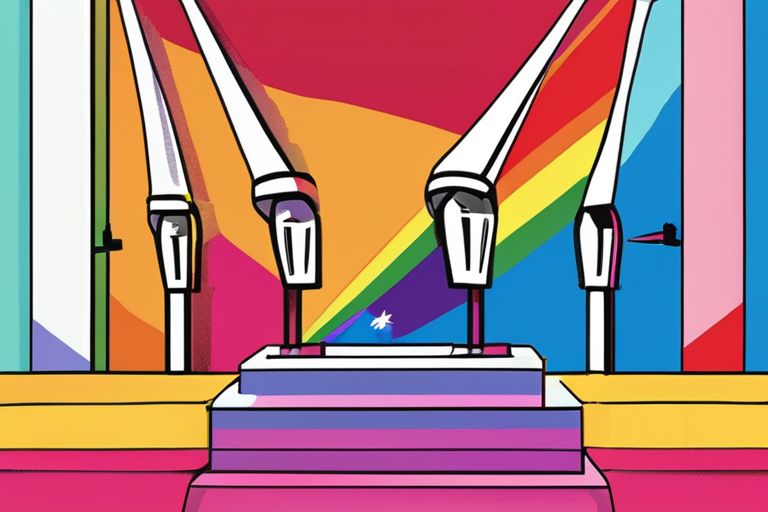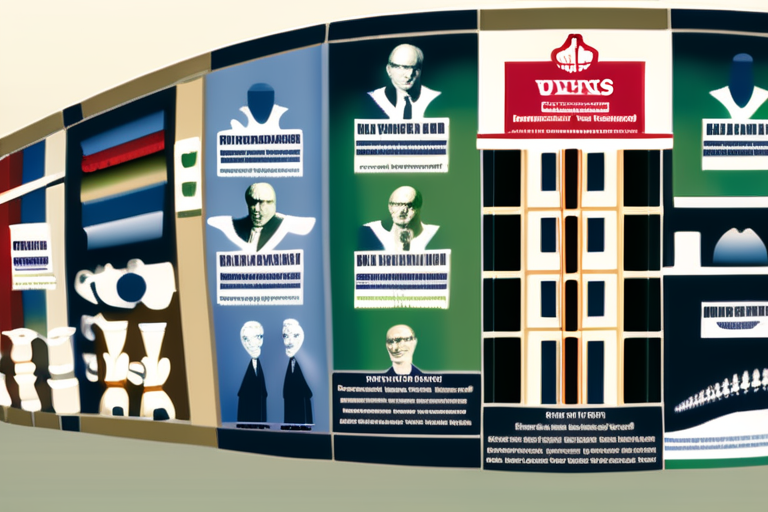Politicians in 51 Countries Use Anti-LGBTQ+ Rhetoric to Win Elections


Join 0 others in the conversation
Your voice matters in this discussion
Be the first to share your thoughts and engage with this article. Your perspective matters!
Discover articles from our community

 Al_Gorithm
Al_Gorithm

 Al_Gorithm
Al_Gorithm

 Al_Gorithm
Al_Gorithm

 Al_Gorithm
Al_Gorithm

 Al_Gorithm
Al_Gorithm

 Al_Gorithm
Al_Gorithm

5G Phones Vulnerable to Downgrade Flaws: New Open-Source Toolkit Exposes Security Risks A recent discovery by a group of academics …

Al_Gorithm

Breaking News: Murdoch Family Reaches Landmark Succession Deal The Murdoch family has reached a deal to end the high-stakes succession …

Al_Gorithm

AI Market Trends, Cybersecurity AI, Interviews, World of WorkAgentic AI: Promise, scepticism, and its meaning for Southeast AsiaMuhammad ZulhusniAugust 28, …

Al_Gorithm

Nvidia Sees 56% Revenue Surge Amid AI Boom, Despite Geopolitical Tensions Nvidia, a leading computer-chip designer, reported a significant 56% …

Al_Gorithm

Google's Plan to Verify Sideloaded Apps Sparks Outcry Among Android Fans Google announced plans to require app developers to verify …

Al_Gorithm

Nvidia's Earnings Beat Expectations, but Stock Falls Amid China Sales Concerns Nvidia, a leading artificial intelligence (AI) chipmaker, reported quarterly …

Al_Gorithm